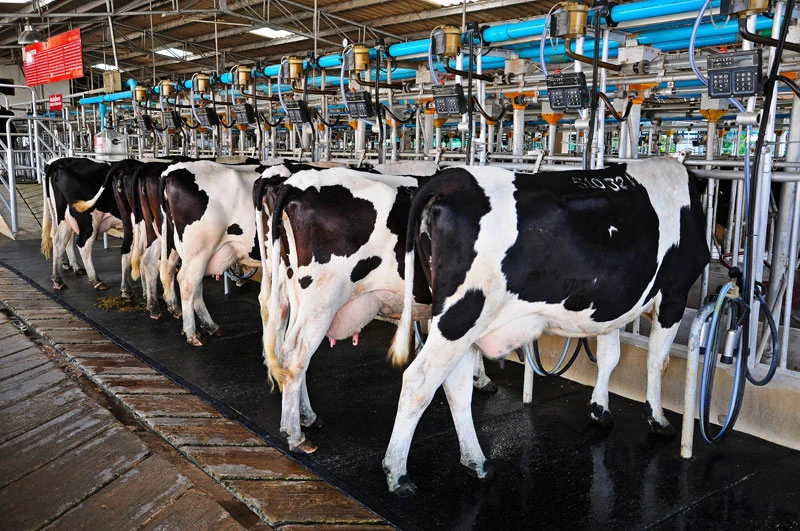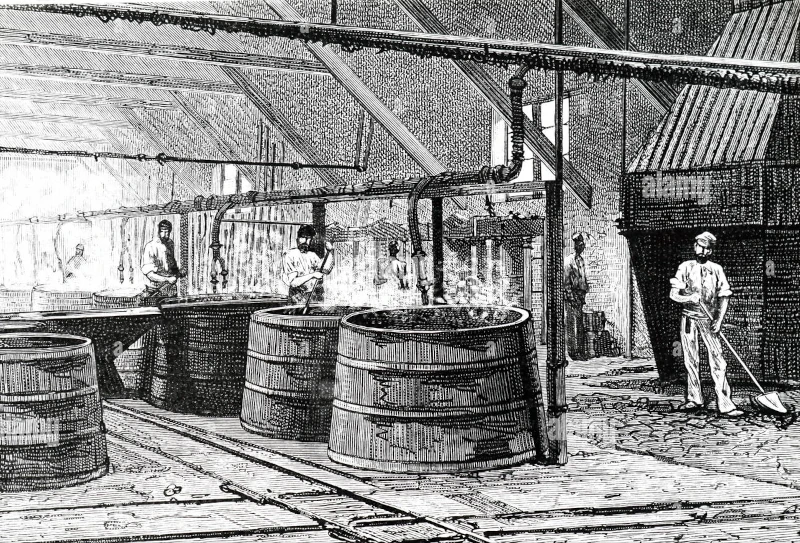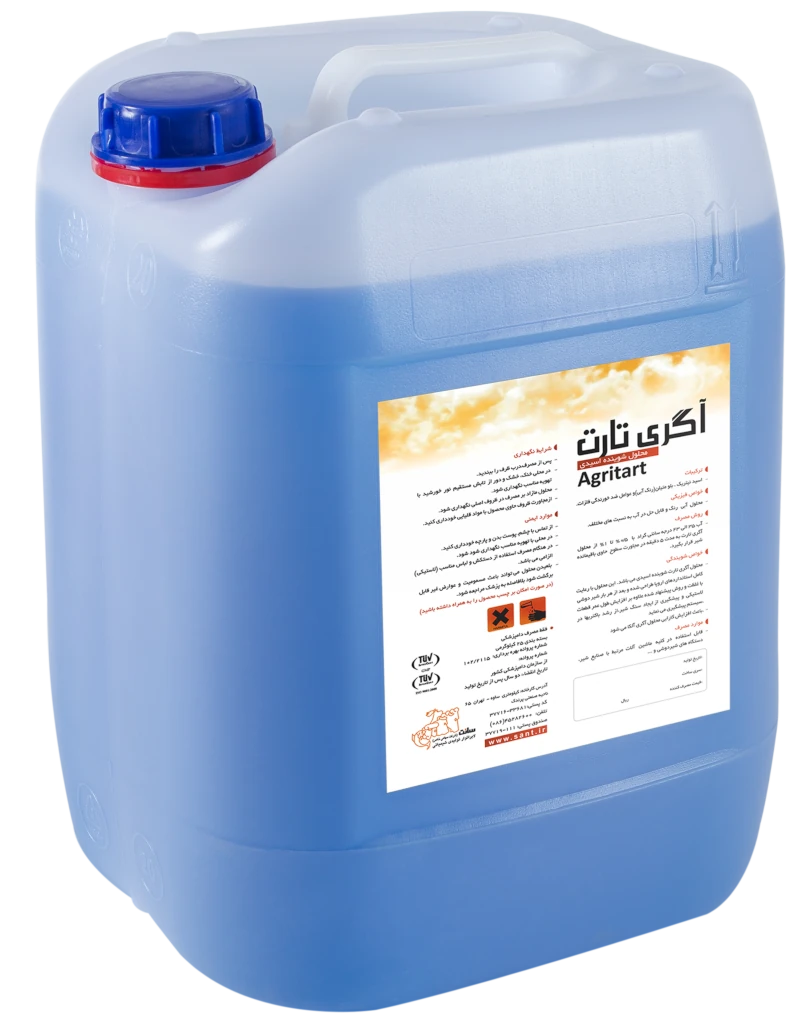
Milking Lines
Given the importance of producing healthy milk with minimal contamination and reducing microbial load, one of the effective factors in this area is the Clean-in-Place (CIP) washing method, which is a method for cleaning the internal surfaces of equipment, pipes, and dairy machines.
In this system, by adding acidic and alkaline solutions at a specific temperature, time, and concentration, the internal surfaces of the CIP system are cleaned. In this method, first, fats and proteins are removed from the system using an alkaline solution, and then remaining contaminants are washed off using acidic substances, followed by rinsing the system.
Appropriate temperature, sufficient time, system pressure, and concentration of the cleaning solution all contribute to more effective cleaning.

CIP Chemicals
CIP relies substantially on the action of chemicals on soil; hence, proper selection of cleaning agents is essential. Carbohydrate and protein-based soil is removed by alkalis. Fats and oils are insoluble in water and may protect other underlying soil. Fats are melted by heat and effectively solubilized by alkalis. Polyphosphates emulsify fats and oils, thus, increasing the rate of alkaline digestion.

History of Light Liquid Detergents
The historical evolution of light liquid detergents from the late 1940s to the present day reflects significant advancements in chemical formulations and consumer preferences. Initially introduced for dishwashing with primarily non-ionic surfactants, these detergents underwent major changes in formulation to increase foaming and meet consumer demands. Over the decades, manufacturers adapted the formulations to include a variety of surfactant types and to address technical challenges such as solubility of organic components. The addition of antibacterial agents in the 1960s and the focus on skin health in subsequent years mark important shifts towards multifunctional household products. The article also touches on the recent trends of incorporating aromatherapy and aesthetic enhancements in detergents to improve user experience and appeal.
Related products
send Message
Please make sure all the items with stars are completed to send a message.


